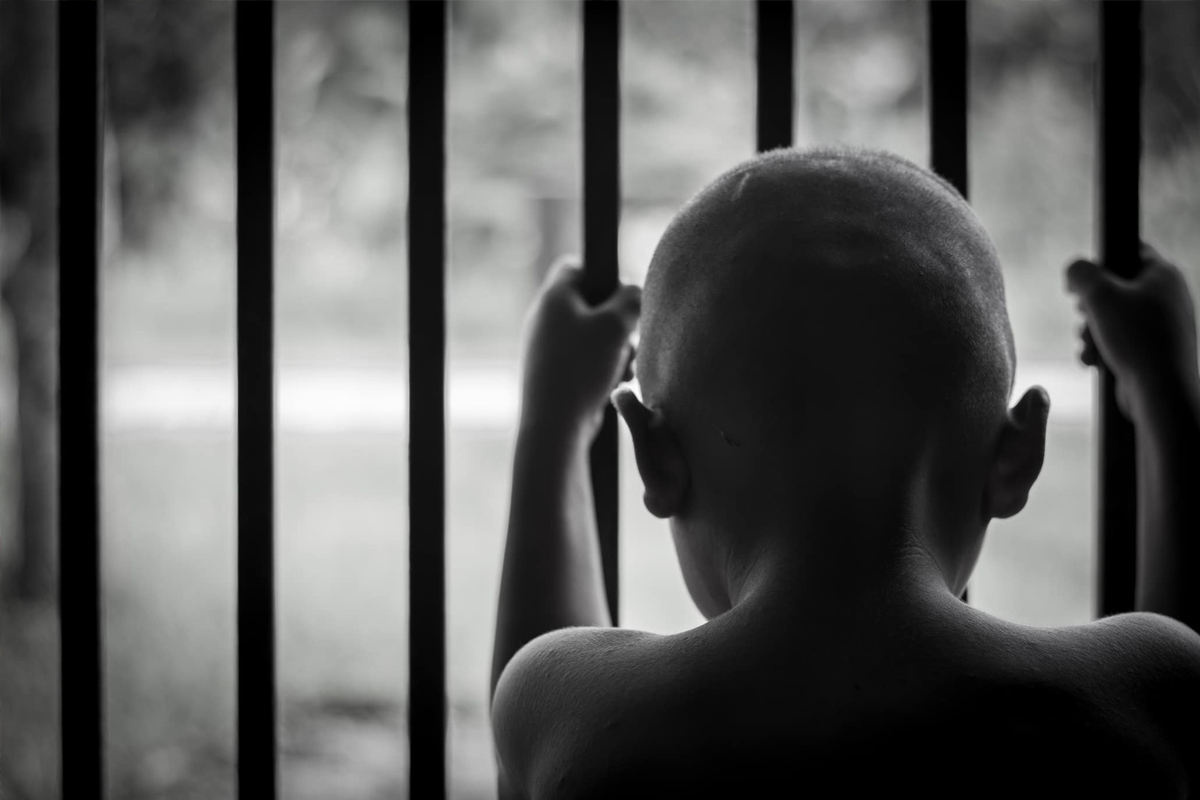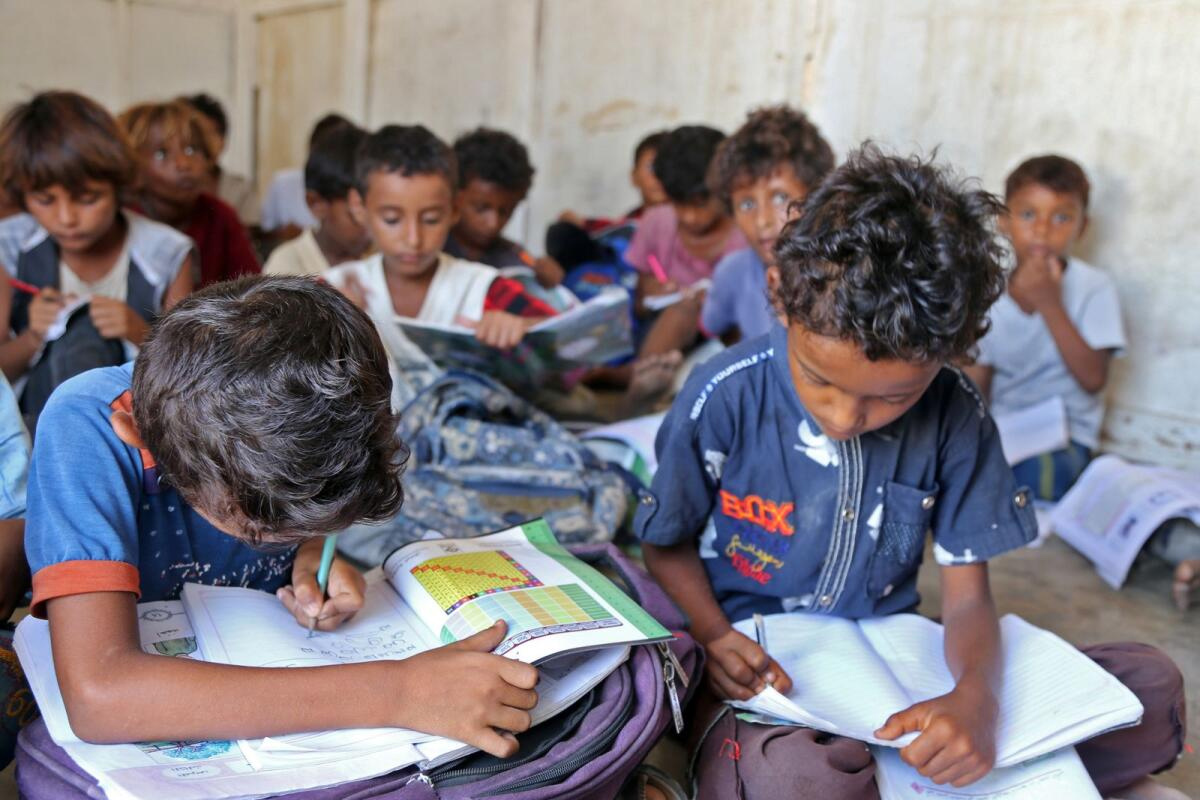Hello from Row of Hearts Foundation! We are excited to be entering the new 2019…

Juvenile Delinquency
Juvenile delinquency is a major sign of a youth who is at risk of not transitioning successfully into adulthood. With regard to participation in crime, The National Conference of State Legislators has defined four risk factors that increase the likelihood that youth will engage in delinquent behaviors:
- School and community risk factors
- Family risk factors
- Individual risk factors
- Peer risk factors
The presence of one or more of these risk factors increases the likelihood that children will be involved in the court system. Poverty also plays a direct role in determining the likelihood of juvenile delinquency. The DHHS study found that 20% of children from low-income families are charged with a crime by the time they turn 24, compared with 16% of children from middle-income families: and 12% of children from high-income families:.



